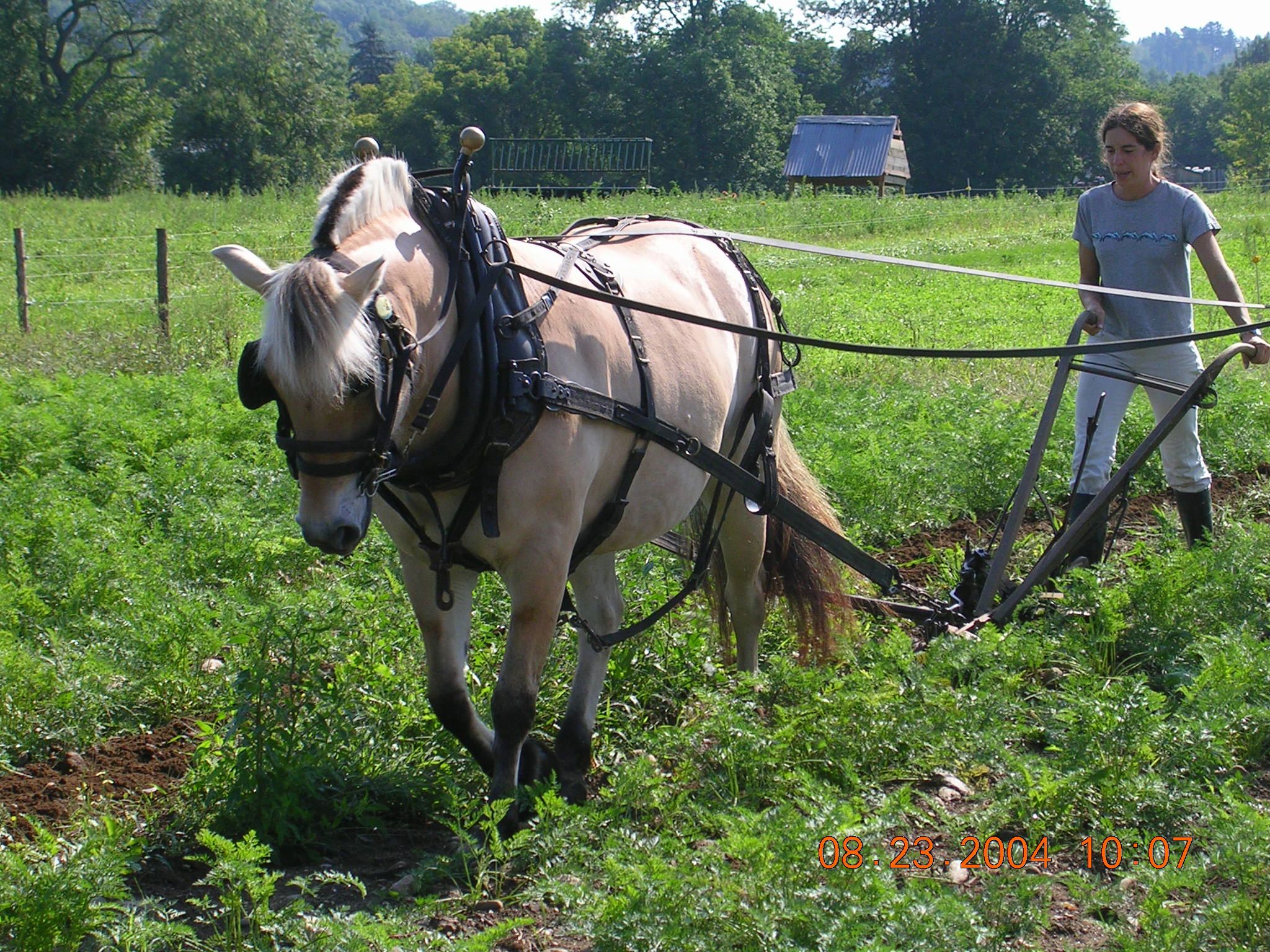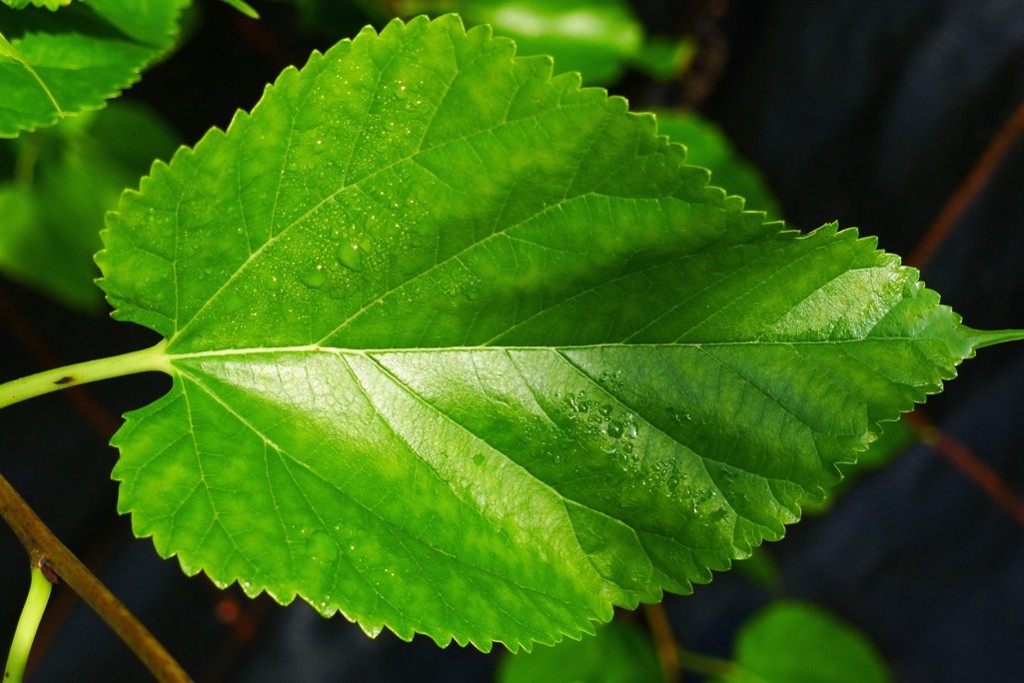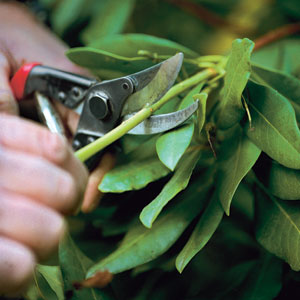But seriously! Talk about more bang for your buck. Isn't there something you want to learn? Something you've just been dying to learn, but it's not quite important enough to schedule time for because you have so much else to do? Like learning to crochet or train a killer whale or be a trapeze artist? Okay, I don't really want to do the trapeze thing, but training a killer whale would be mind-blowing (see the pun there? whale...blowing-ok forget it).
Except I would probably get eaten by a killer whale, so maybe I'd just learn crocheting.
 |
| That penguin would be me |
If I was going to take a learncation, I would probably actually go to another farm to see what the competition is doing and try to learn how to do it so I could offer it to guests because I am a total capitalist. But seriously, what a great concept. People today are obsessed with learning. And with good reason. Afterall, you can't even get a job at McDonald's anymore without a college degree.
 |
| I got my doctorate and became a farmer. Glad I didn't stop at a bachelor's. |
We want to make our farmstay into a real learncation. So many other guest ranches and similar vacation places have the stupidest activities like tye-dying shirts. Really? What does that have to do with farming?
 |
| Okay well maybe if you tye-dye your chickens |
 | |
| Minus the excruciatingly hard work, long hours and freaking out about paying the bills as the food nazis try to shut you down at gun point |
We want to preserve farming as a way of life and try to encourage others into farming. What better way than to do it in the form of a learncation?
































